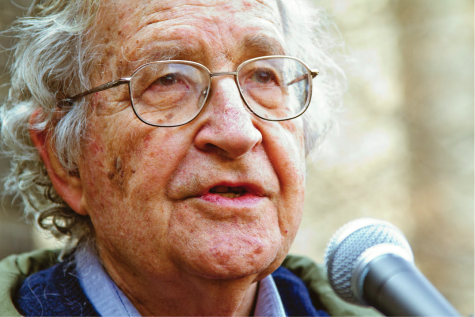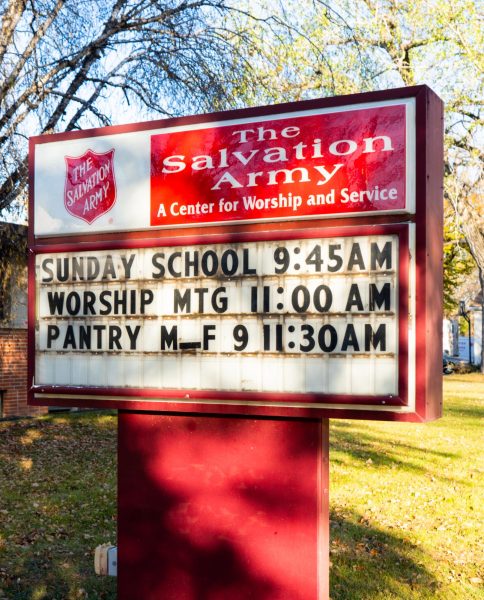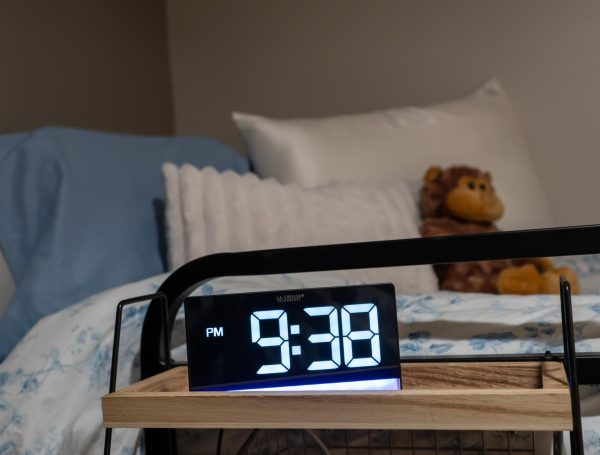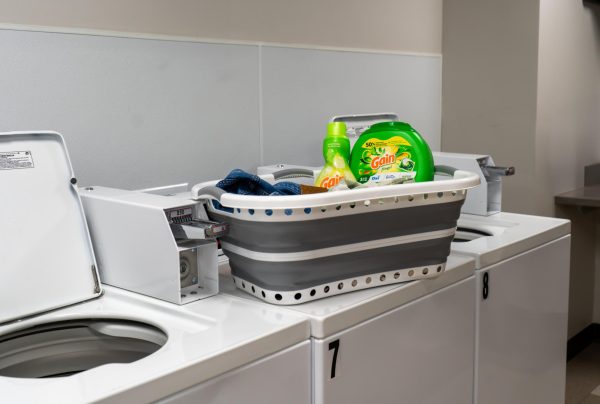Help addicts, legalize drugs
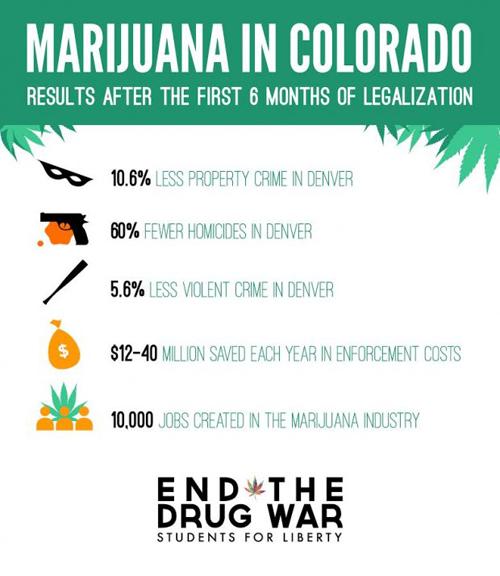
A poster by Students for Liberty’s campaign in Colorado to end the war on drugs. Image courtesy of cityam.com
It doesn’t take long for drug addiction to stop you from achieving your dreams. Rotting in jail for the self-harm caused by addiction will further prevent any future success.
Currently, we have a broken criminal justice system that preys upon minorities and the poor who cannot afford a lawyer.
The United States has the highest percentage of its citizens in jail. Those with a dissenting opinion might say that incarceration is a way to instantly take the addicts off the street and force them into drug rehabilitation.
Unfortunately, incarceration as a means of forced rehabilitation is near-sighted and not very effective. Addicts will not stop using because they have been caught. They will only stop using when they are ready to — oftentimes that means hitting rock bottom.
There are steps we can take to improve our criminal justice system. The first is to legalize all drugs. By legalizing all drugs you stop a major source of income for drug cartels and local gangs. This will free up the incarcerated individuals and open up a new industry for producing and distributing the newly legalized drugs.
Colorado was the first state to legalize marijuana for recreational use. According to state data, marijuana possession charges in 2014 fell to 2,500, down from nearly 30,000 in 2010. In less than one year, marijuana alone brought $40 million in tax revenue. Colorado is ranked as one of the the fastest growing economies, with the unemployment rate at 4.2 percent — 0.8 percent below the national average and the lowest in Colorado since 2008.
In 2001, Portuguese legislators enacted a comprehensive form of decriminalization. They eliminated criminal penalties for low-level possession and consumption of all illicit drugs, reclassifying these activities as administrative violations.
Instead of being arrested, violators are brought to a local “dissuasion commision” to be psycho-analyzed to see if they are addicted to drugs. The focus is on rehabilitating individuals that need help. In over a decade of studies, there has been a significant decrease in adolescent users, drug overdoses, HIV transmission and an increase in drug treatment.
Nearly a decade and a half later, Portugal shows that decriminalization does not lead to increases in drug use or a culture of lawlessness. Instead, law enforcement and the criminal justice system function more efficiently, and Portugal has been able to invest in improving the health and wellbeing of people struggling with drug problems. Community relations with the police also have significantly improved.
I propose that a way of getting many of the newly freed inmates off the streets is to allow them into the new drug industries, as they should already have experience with the drugs and are in need of a job.
Obviously, limitations about who can work for the new industries need to be set. If I were in charge, I would only allow those with a non-violent record to work in the new industry. There also would need to be physician-regulated prescriptions for addicts trying to quit and research into the future for possible medicinal benefits of psychedelics and other stimulants.
Isolation and drug addiction often go hand-in-hand as the risk of getting caught with illicit substances is grave. Possession of a single gram of cocaine, meth and heroin is a federal felony charge that will make you all but unemployable based upon your record.
By legalizing all drugs, you destigmatize the need for drug addicts to hide in the shadows of society. Users will feel more comfortable openly discussing their addiction knowing they aren’t at risk of persecution.
By knowing who needs assistance with their drug addiction, we can create a conversation with users about their problem to hopefully get them to volunteer for rehabilitation.
Ultimately, the end goal is to save drug addicts from ruining their lives. By legalizing and taxing all drugs, you help to fix our broken criminal justice system while bringing a lot of tax revenue into the states and focusing on rehabilitation instead of punishment.
Nick Sallen is the opinion editor for The Dakota Student. He can be reached at [email protected]




